Hello! The weather has been quite unpredictable lately, and it seems like a time to be especially cautious during meals. Today, I want to talk about food poisoning and how we can prevent it. I hope everyone is staying healthy! Let’s learn together and create safe eating habits!
What is Food Poisoning?
Food poisoning is an illness caused by consuming contaminated food or beverages, which can be due to various bacteria, viruses, parasites, or their toxins. This illness can manifest as gastroenteritis caused by specific microorganisms and typically occurs acutely. After contaminated food enters the body, microorganisms multiply in the intestines and produce toxins, leading to various symptoms. Food poisoning occurs worldwide, and its frequency increases, especially during the summer months when temperatures and humidity are high. For this reason, many countries conduct campaigns on safe food management and consumption.
Major Causes and Transmission Routes
The main causes of food poisoning include bacteria, viruses, and parasites, which are transmitted through contaminated food or unsanitary cooking processes. Notably, bacteria such as Salmonella, Listeria, and E. coli are common culprits. Transmission routes include contaminated water, undercooked meat and seafood, dairy products, and fresh fruits and vegetables. These pathogens can easily spread if food is not stored or prepared under hygienic conditions, and illegally produced food also poses significant risks.
Understanding Various Symptoms
Symptoms of food poisoning can vary depending on the cause and typically include abdominal pain, vomiting, diarrhea, and fever. Initial symptoms may appear within hours to days after consumption and can be accompanied by cough, headache, muscle pain, and fatigue. These symptoms can manifest differently depending on an individual’s immune system and condition, making early diagnosis crucial. Particularly in children, the elderly, and immunocompromised patients, symptoms can be more severe. Therefore, it is essential to take appropriate medical action if these symptoms occur.
Diagnosis Methods and Procedures
The diagnosis of food poisoning is generally made through a review of the patient’s symptoms and medical history. Healthcare professionals assess the patient’s symptoms and may conduct stool tests to identify specific pathogens. In some cases, blood tests or imaging studies may be necessary, allowing for accurate identification of the cause of food poisoning. After diagnosis, tailored treatment methods are determined based on the cause, facilitating quick and effective recovery.
General Treatment Methods for Food Poisoning
Treatment for food poisoning varies depending on the cause, but generally, rehydration is the most important aspect. Due to vomiting and diarrhea, the body can lose fluids and electrolytes, making rehydration essential. It is recommended to drink water frequently and consume electrolyte drinks. Sometimes antibiotics may be necessary, but they are not suitable for all cases, so it is crucial to follow the prescriptions of healthcare professionals. Additionally, it is advisable to avoid certain foods, as well as stimulants like caffeine and alcohol, and to alleviate symptoms through medication or dietary adjustments if needed.
Food Management and Prevention Guidelines
To prevent food poisoning, safe food management is essential. When purchasing food, check expiration dates and choose fresh ingredients. Wash hands thoroughly before and after cooking, and separate raw meat from other foods to prevent cross-contamination. It is crucial to cook food at sufficient temperatures to eliminate bacteria, and leftover food should be refrigerated promptly. These preventive measures can significantly reduce the likelihood of food poisoning.
Precautions When Dining Out
When dining out, it is important to carefully observe the hygiene of the food and the cooking process. Choose reputable restaurants and ensure that food is being properly cooked. Particularly, fish, seafood, and meat dishes should be thoroughly cooked to avoid the risk of food poisoning from undercooked items. If you have any questions or doubts about the food’s condition, do not hesitate to ask the staff. Additionally, if symptoms appear after dining out, seek medical attention immediately.
Prevention Through Healthy Eating Habits
Establishing healthy eating habits is effective in preventing food poisoning. Maintaining a balanced diet and regularly consuming fresh fruits and vegetables is important. Regular exercise and adequate hydration can boost the immune system, increasing resistance to food poisoning. Additionally, it is advisable to prefer natural foods over processed ones and to cultivate the habit of cooking at home whenever possible. These habits ultimately contribute significantly to maintaining a healthy lifestyle.

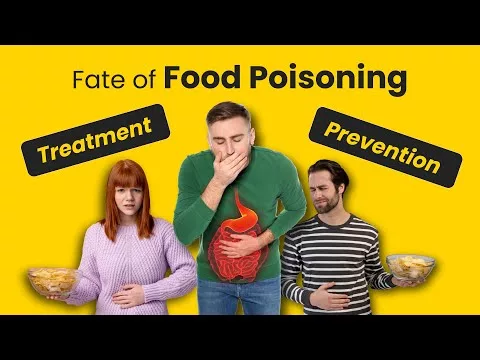
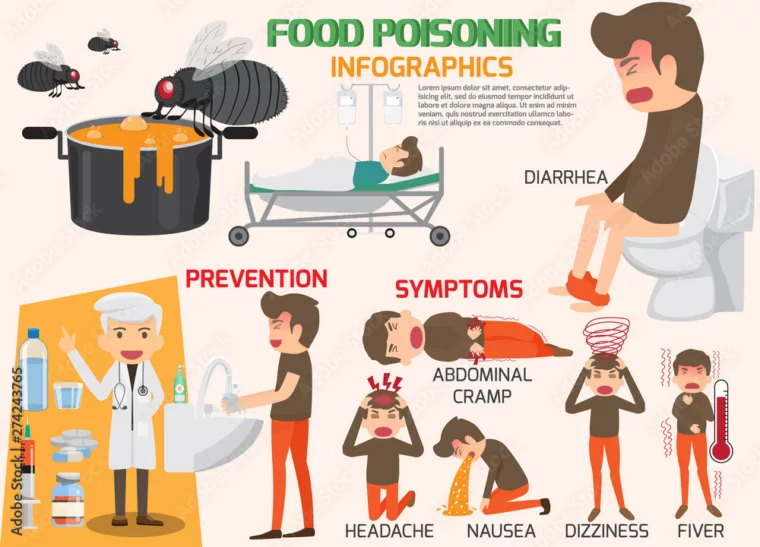
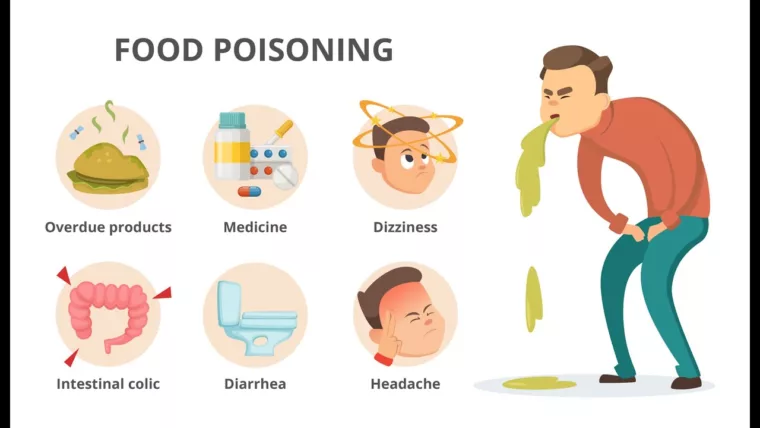
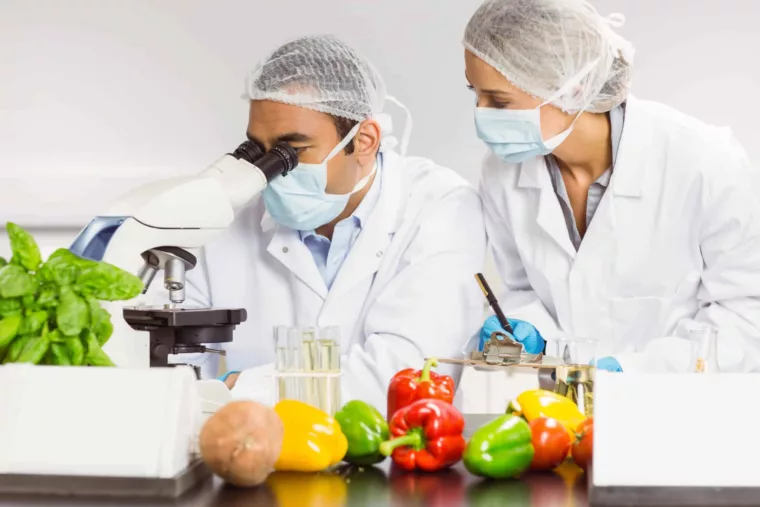
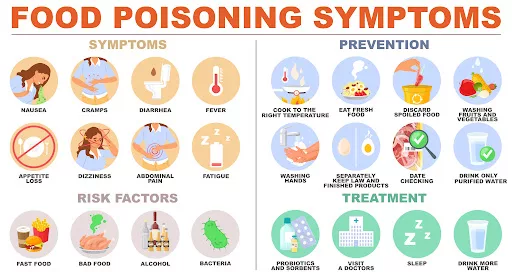
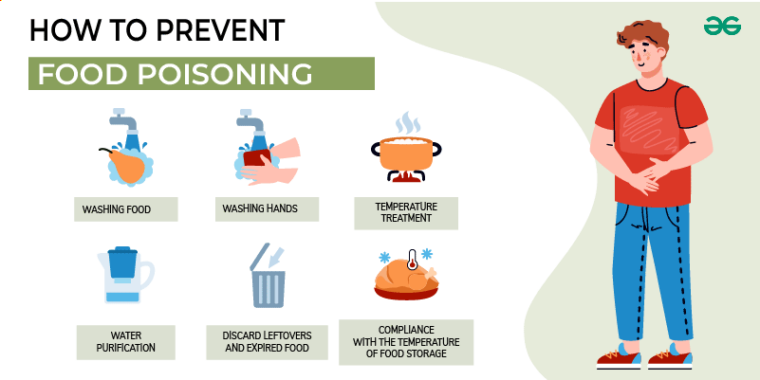



Leave a Reply